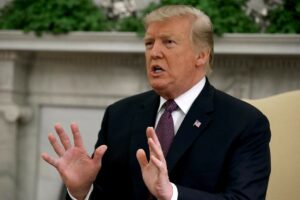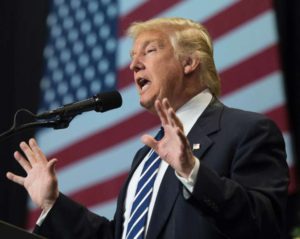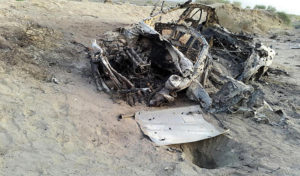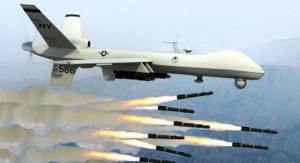U.S. House Armed Services Committee Chairman Mac Thornberry says the United States is stretched too thin in its war against terrorists.
The Clarendon Republican says U.S. efforts have turned away from Yemen while fighting the Islamic State in Syria and Iraq.
What to do?
Thornberry: ISIS war leaves fewer resources for Yemen
If I read my congressman’s thoughts correctly, I believe he’s saying we need to spend more money on defense needs. He’s saying it without really, um, saying it.
This conundrum defines pretty clearly to me why this war on terror may never end. You turn away from enemy and another surfaces in another region of the world — not that we’ve really turned away from any of our enemies. Near as I can tell, our forces still are conducting robust strikes and raids on suspected terror targets.
“We don’t have the (intelligence, surveillance and reconnaissance) ISR that we used to have, so when you got to move it to Iraq and Syria, you leave Yemen less covered than it used to be because you have to make choices, and it increases the danger to the country,” he said.
I got that part, Mr. Chairman. So what happens if and when we concentrate on Yemen — a known terrorist breeding ground — and the Islamic State takes further advantage as we look the other way in fighting this on-going anti-terror war?
Do you get where Thornberry is talking about spending more money on defense matters to wage a multi-front war on international terror?
I doubt we can afford it.
According to The Hill: “The administration has implemented a ‘light footprint’ counterterrorism approach in Yemen that relies heavily on drones for surveillance of terrorist threats and for striking targets in the country.”
Here is where the drones can do the same kind of work as manned aircraft. Turn them loose on those suspected targets and deliver enough firepower to send those we don’t kill scurrying for cover.
Therein, though, lies the difficulty in continuing to wage this global anti-terror war. It’s a war like we’ve never fought. President Bush all but declared war on the terrorists after 9/11. It was the right call for the time. President Obama has continued to pursue that war at virtually the same pace as his immediate predecessor.
There are those, though, who insist the Pentagon is being whittled down to dangerous levels. I don’t buy it. We’re still spending hundreds of billions of dollars on new weapons and we’re deploying them throughout these terror hot spots.
I will argue that we still have plenty of assets to deploy against these forces of evil. We just need to fine-tune how we deploy them — and have them deliver maximum punishment.




